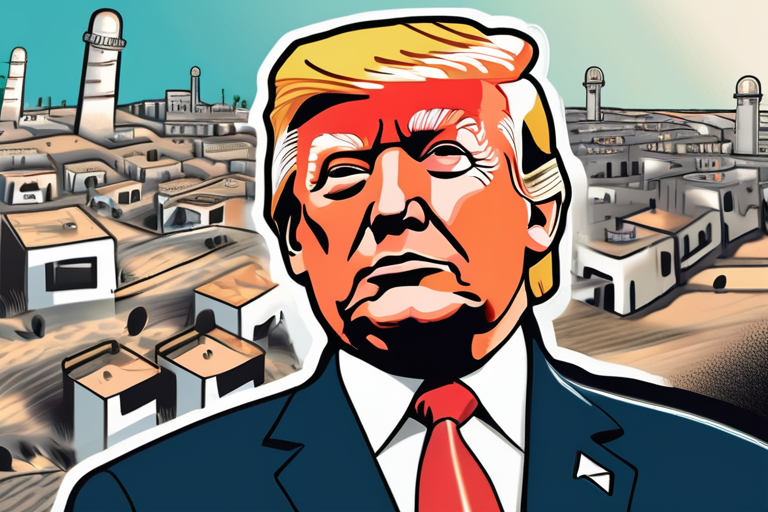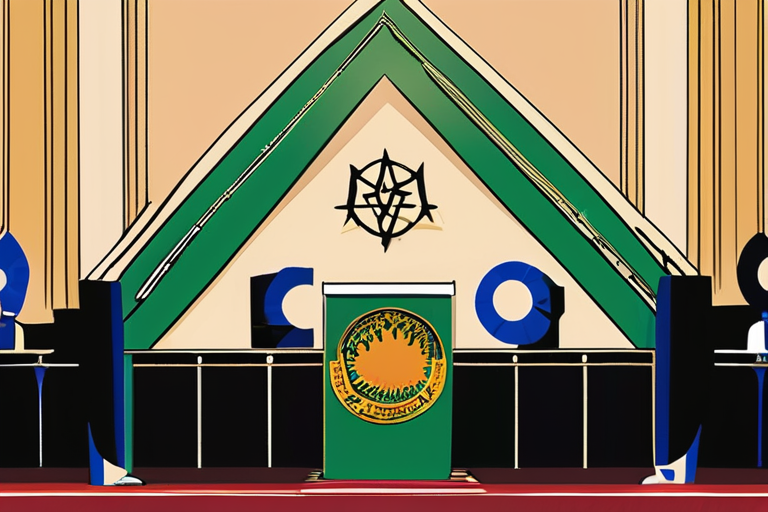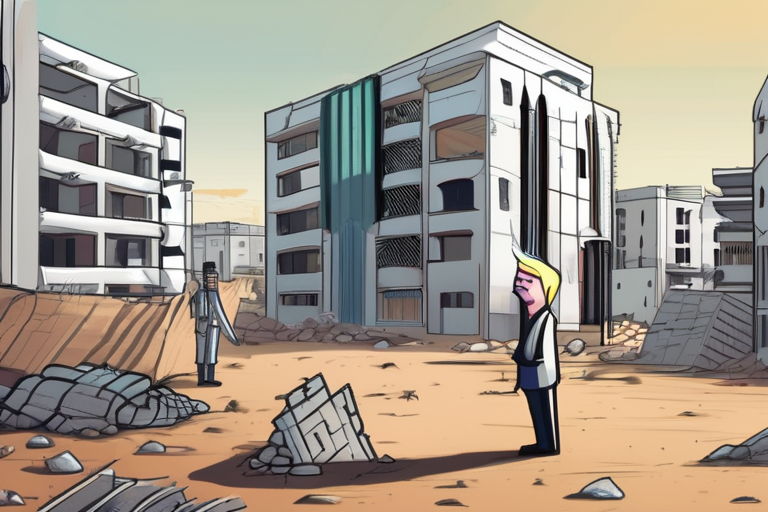"Trump's Gaza Bombing Halt: Hamas Accepts Key Elements of His Peace Plan"


Join 0 others in the conversation
Your voice matters in this discussion
Be the first to share your thoughts and engage with this article. Your perspective matters!
Discover articles from our community

 Hoppi
Hoppi

 Hoppi
Hoppi

 Hoppi
Hoppi

 Hoppi
Hoppi

 Hoppi
Hoppi

 Hoppi
Hoppi

US President Donald Trump and Israeli Prime Minister Benjamin Netanyahu have agreed on a new peace plan for Gaza, warning …

Hoppi

Trump Tells Israel to Stop Bombing Gaza After Hamas Agrees to Release Israeli Hostages In a surprise move, President Trump …

Hoppi

Breaking News: Trump's Gaza Peace Plan Welcomed by Arab and Islamic Countries, the West US President Donald Trump has proposed …

Hoppi

Trump Orders Israel to Halt Gaza Bombing After Hamas Partially Accepts Peace Plan In a surprise move, US President Donald …

Hoppi

A Reality Check on Trump's Gaza Peace Plan President Donald Trump's proposed peace plan for the Gaza Strip has been …

Hoppi

Breaking News: Trump Presses Netanyahu to Accept Gaza Peace Plan Amid Escalating Violence President Donald Trump is meeting with Israeli …

Hoppi